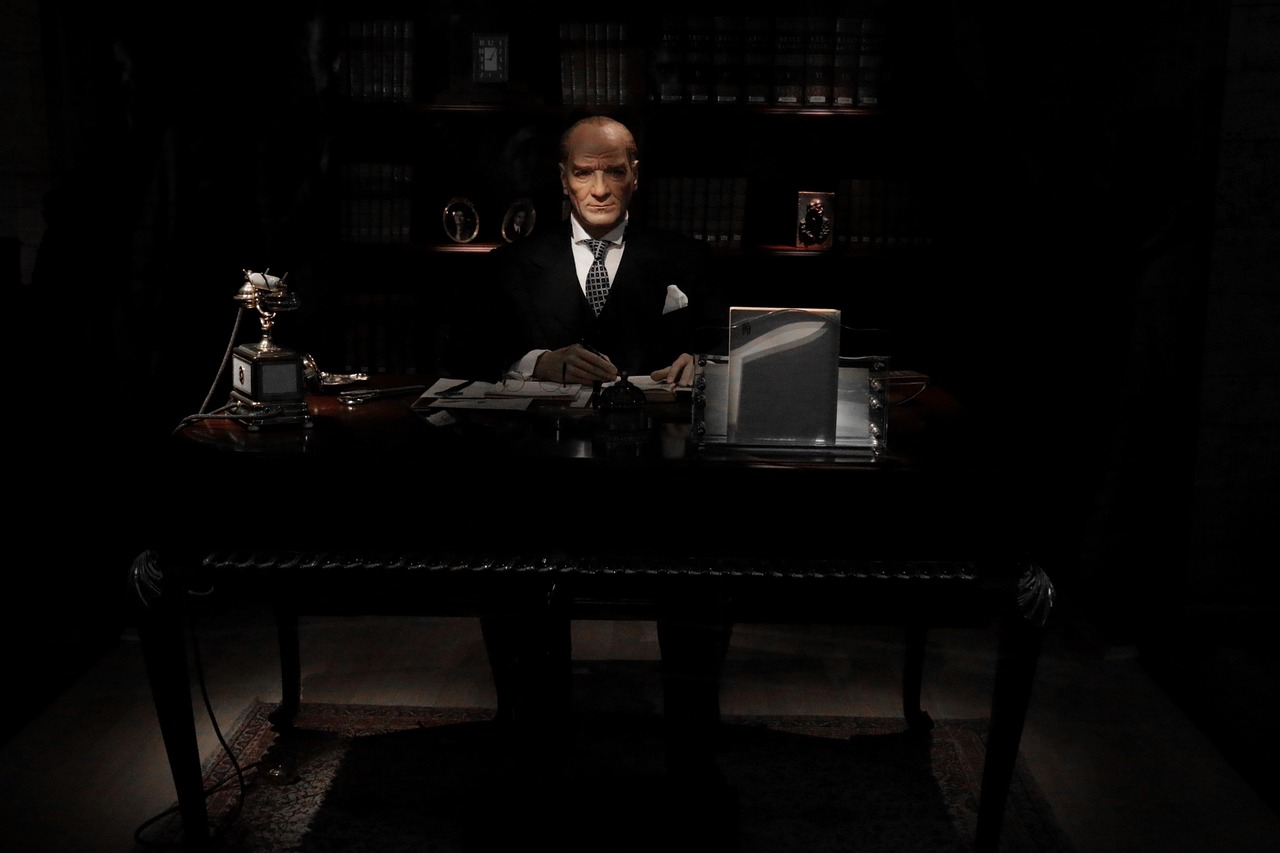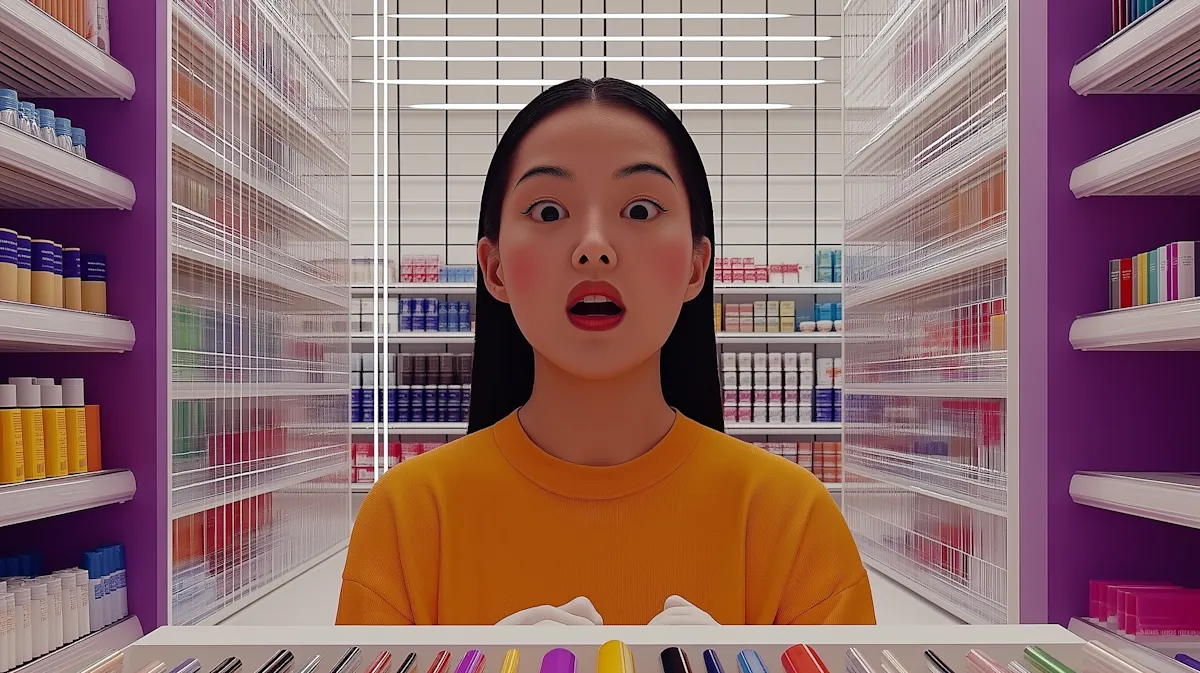
Le Sponsor is not just a major cinematic achievement. It is also an unexpected source of reflection on strategic leadership. Behind the mafia intrigues, the character of Don Vito Corleone embodies a form of management, influence and vision that fascinates, even outside any illegal context. By focusing solely on human dynamics, relationships and decision-making, The Godfather becomes a powerful case study in strategic leadership.
1. The importance of loyalty
In The GodfatherLoyalty is not just a moral value, it's a fundamental pillar of the way the system works. Don Corleone understands that strategic leadership is based on mutual trust. It recognises, rewards and nurtures loyalty through concrete gestures, symbolic recognition or personalised favours.
In a professional environment, this lesson is clear: treating your employees with respect and listening to them strengthens their commitment. A strategic leader builds loyalty, not out of fear, but out of attachment.
2. Listen rather than talk
One of Don Corleone's strengths is his ability to listen. He takes the time to understand everyone's motivations before making a decision. He doesn't say much, but every word is carefully considered.
In strategic leadershipThis quality is essential. Too many managers impose, and too few listen. And yet, by listening actively, you can pick up on weak signals, defuse tensions and help relevant solutions to emerge. Being silent at the right moment is sometimes more powerful than a thousand speeches.
3. Think long-term
While other characters seek immediate gain, Don Corleone takes a long-term view. He turns down certain 'deals' not out of weakness, but because they compromise his family's stability and reputation.
This is a direct lesson for anyone aspiring to strategic leadership Never sacrifice your principles or your image for a momentary advantage. Consistency, reputation and long-term vision must guide your choices, even if that means saying no.
4. Building lasting alliances
One of the most striking aspects of The Godfather is the way Don Corleone builds his alliances. He doesn't just sign deals. He builds personal relationships, takes an interest in the people he deals with, and offers his help with no immediate expectations.
In strategic leadershipThis is a reminder that a solid network is not built on cold interests, but on human ties. Alliances are not opportunistic, they are mutually beneficial and designed to last.
5. Keeping control at critical moments
Don Corleone keeps his cool even in the most tense situations. He never reacts on impulse. This self-control is a strong signature of his authority.
A strategic leader knows that calm inspires confidence. In times of crisis, panic is contagious. Strategic leadership is to absorb tensions, reassure teams and maintain the clarity of analysis that enables effective action to be taken.
6. Preparing the next generation
One of the main themes of the film is the transfer of power to Michael Corleone. Although he is initially far removed from the family business, he is gradually trained, put to the test and then guided as he takes over.
From a managerial perspective, this highlights a key point: strategic leadership includes the ability to identify, prepare and support future leaders. Thinking about succession means ensuring the long-term future of the mission. Too many organisations fail to anticipate the handover.
7. Saying no
Don Corleone refuses certain proposals despite pressure or apparent interest. He knows the value of limits.
In the professional world, strategic leadership It also means knowing how to say no, to set clear limits on anything that could undermine ethics, consistency or corporate culture. It's a sign of strength, not weakness.
8. The art of diplomacy
Finally, Don Corleone is a master of diplomacy. He avoids direct confrontation, seeks negotiated solutions and knows the leverage that each party has. He doesn't impose, he influences.
This is where strategic leadership takes on its full meaning. A good leader is not one who dominates, but one who influences with finesse, who obtains support without coercion, and who transforms opposition into cooperation.
Conclusion
Behind the dramatic story of The Godfather hides a real lesson in human management. Without in any way endorsing the criminal world, we can see strong principles of influence, vision and managing complexity.
By embodying strategic leadershipDon Corleone reminds us that respect, listening, vision and transmission are the timeless pillars of legitimate power. These are the qualities that, when transposed into an ethical professional framework, enable us to build lasting relationships and have a profound impact.









